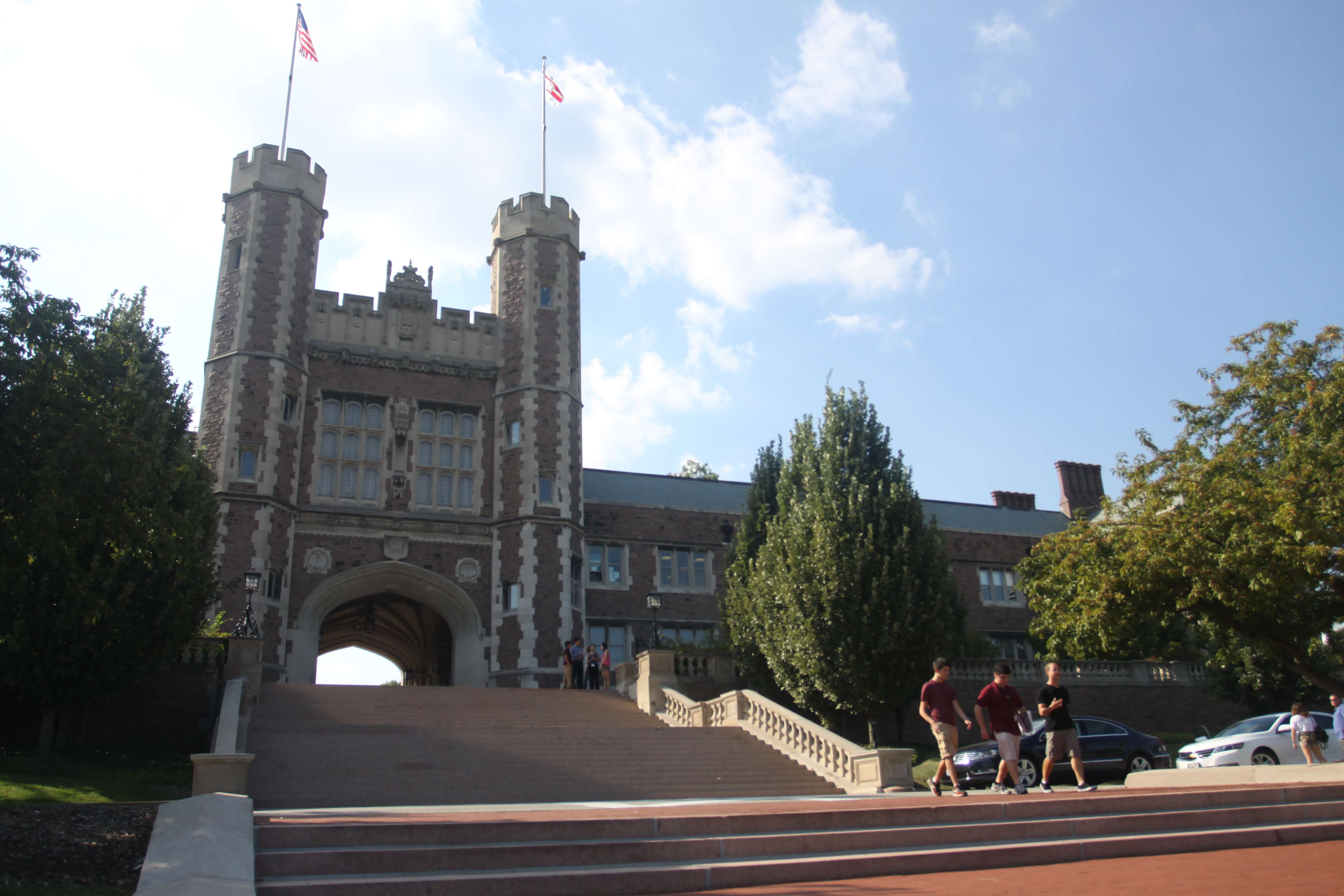Missouri Researchers at Washington University Testing Chloroquine in COVID-19 Fight
- May 27, 2020
 Researchers at Washington University in St. Louis, Missouri, are leading a new trial testing the anti-malaria drug chloroquine on 30,000 frontline healthcare workers to determine whether the drug can prevent COVID-19 or decrease its severity.
Researchers at Washington University in St. Louis, Missouri, are leading a new trial testing the anti-malaria drug chloroquine on 30,000 frontline healthcare workers to determine whether the drug can prevent COVID-19 or decrease its severity.
The Missouri university is leading an international group of physicians and scientists designing a trial to study the drug’s effectiveness, and, if effective, to determine the lowest dose required. A lower dose would likely mean fewer side effects and would make it possible to treat more people with a limited supply of chloroquine.
Hydroxychloroquine and chloroquine have been used for decades, primarily to treat malaria and some inflammatory conditions. Doctors say this is a potential benefit because developing a new drug could take years.
“I don’t know whether or not chloroquine works,” said Michael Avidan, a Professor of Anesthesiology at Washington University and one of the study’s principal investigators. “The way to figure that out is to do rigorous, scientific experiments.”
Avidan said St. Louis-area healthcare workers can apply to participate in the trial.
Healthcare workers who have previously been infected with COVID-19, and those with underlying conditions that could make it unsafe to take chloroquine, like heart ailments, will not be eligible.
“We think that this is a potential benefit for St. Louis,” said Avidan. “I’ll be extremely thrilled and excited if many healthcare workers in our region take up the opportunity. We want the healthcare workers in the St. Louis region in Missouri and southern Illinois to be well-represented.”
As part of the study, three groups of participants will receive various doses of chloroquine, and one will receive a placebo.
Participants will communicate twice a week through text messages and online data entry. They will take the tablets for three months, either daily, twice a week or weekly. They will be monitored for two months after.
The researchers will take blood samples at the beginning of the trial and at the end to test for antibodies. If a participant shows symptoms of COVID-19, they will have a nasal swab taken to test for the virus.
The trial has an adaptive design, meaning the researchers could add or remove therapies if the initial data indicates that they are effective or ineffective.
What Next?
- Talk to our CEO, Subash Alias, about business expansion opportunities at 314.932.3973 or via our contact form.
- Check out our available certified sites & buildings for your site selection needs.
- See how Missouri’s business climate ranks in comparison to other states in the U.S.
- Learn more about why Missouri is a top state for health innovation business expansion.